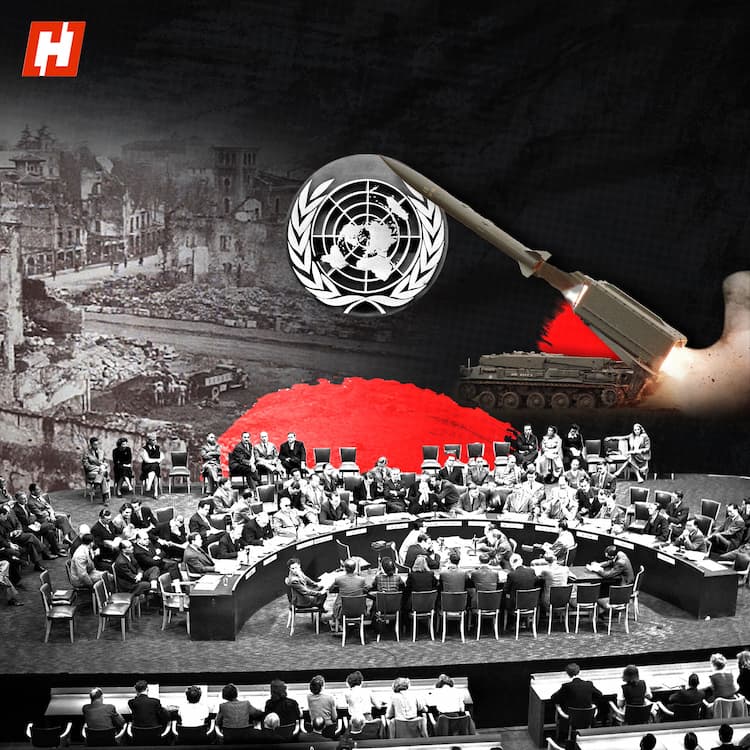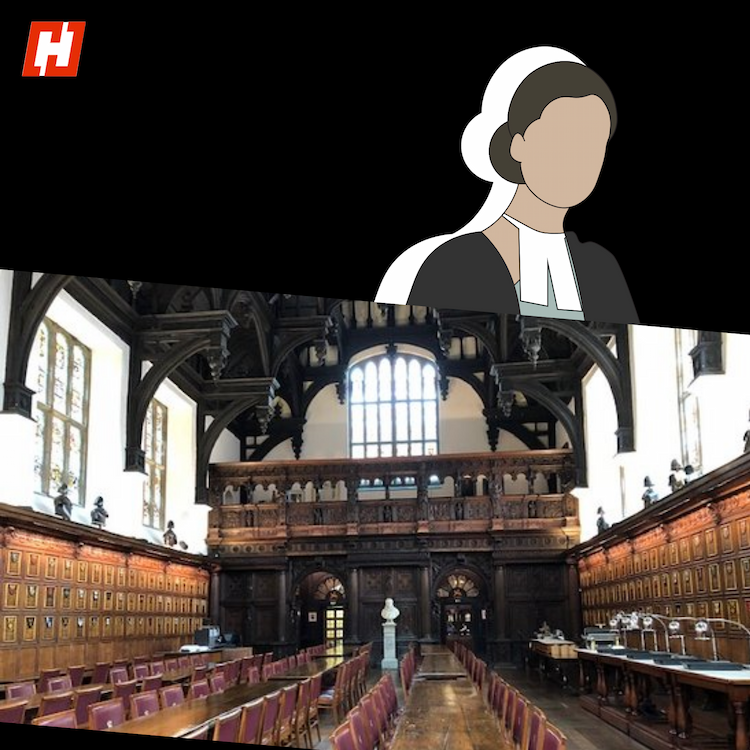South America might well be seeing its very own version of Ukraine.
Venezuela on Sunday held an election for an oil-rich region - Essequibo. What’s the problem with that, you ask? Well, the region doesn’t belong to them. It belongs to its neighbour - Guyana.
Holding elections in a region that isn’t yours is like Swifties voting on the setlist for a Metallica concert. Forget about asking for trouble, it’s just plain wrong!
But Venezuela did it anyway. Despite Guyana, and institutions like the US State Department and the International Court of Justice saying it cannot, and should not do so.
Essequibo: The region at the centre of the Guyana-Venezuela tug of war
For context - Essequibo is an approximately 160,000 square km stretch of densely forested land that constitutes two-thirds of Guyana’s territory. It's home to roughly 125,000 of its 800,000 citizens.
But more importantly, it is an area rich in oil, gold and diamonds, besides timber and other natural resources. Guyana has controlled the region since its independence in 1966.
But, Venezuelan President Nicolás Maduro decided to challenge the status quo.
When Venezuelans went to polls on Sunday to choose regional governors and lawmakers, a new state went to the ballot: Guayana Esequiba.
Venezuela has 23 recognised states. But Maduro ordered the creation of the 24th state following a December 2023 referendum that saw Venezuelan voters approving the move.
But none of the candidates could campaign there, and it's unclear how the officials, once elected, plan on running the territory, which Guyana governs.
Furthermore, the election is the latest provocation in a territory dispute between the two nations that stretches back to the 19th century, when Guyana was under colonial rule.
Venezuela has laid claim to the Essequibo region since 1841, when it argued that the British Empire had encroached on Venezuelan territory in its acquisition of then-British Guiana from the Netherlands.
In 1899, an international tribunal was convened to settle the issue. At the time, Venezuela, a relatively young country, was represented by the US, then an ally. Guyana, was backed by its colonial masters during the proceedings.
A Russian judge, appointed as neutral arbitrator, ultimately ruled in favour of British Guiana - a verdict Venezuela has never accepted, and claims were rigged.
But Venezuela became more insistent in its claims over the disputed region in 2015, when oil was discovered off Essequibo’s coast.
Guyana President Ali stands firm
In March 2018, Guyana filed an application at the ICJ, instituting proceedings against Venezuela in an attempt to validate the 1899 decision. The case is still under review, pending a final decision.
On the eve of Venezuela’s election, and two days ahead of Guyana’s Independence Day, President Irfaan Ali’s government held a “National Patriotic Concert” in Essequibo to boldly affirm their sovereignty over the land.
Also Read: Trump furious with 'crazy Putin' as Russia pounds Kyiv, Ukraine truce slips
On May 24, Guyana President Irfaan Ali declared “Essequibo belongs to Guyana” and that they “are going to do everything” to ensure that Essequibo remains a part of the sovereign nation.
The Guyanese government even warned against participating in Venezuela’s 'sham' election, saying it would amount to treason. But, the vote was held. And Maduro claimed victory in an election boycotted by the opposition.
What is Maduro’s true motive?
Many Venezuelans though are questioning the motives behind Maduro's move. Political commentators dismissed it as a political manoeuvre, believing Maduro and his allies are now leveraging the controversial issue for their political survival.
Since coming to power in 2013, Maduro has had to weather multiple crises, with the most recent being the contested 2024 presidential election.
Drawing comparisons to the Russian invasion of Ukraine, Guyana has repeatedly called Venezuela’s actions a step towards annexation and an “existential” threat.
With the specter of armed conflict looming, Maduro’s government has come out and denied it. But then again so did Putin.
Also Read: PepsiCo once had more submarines than India | A Cold War story





